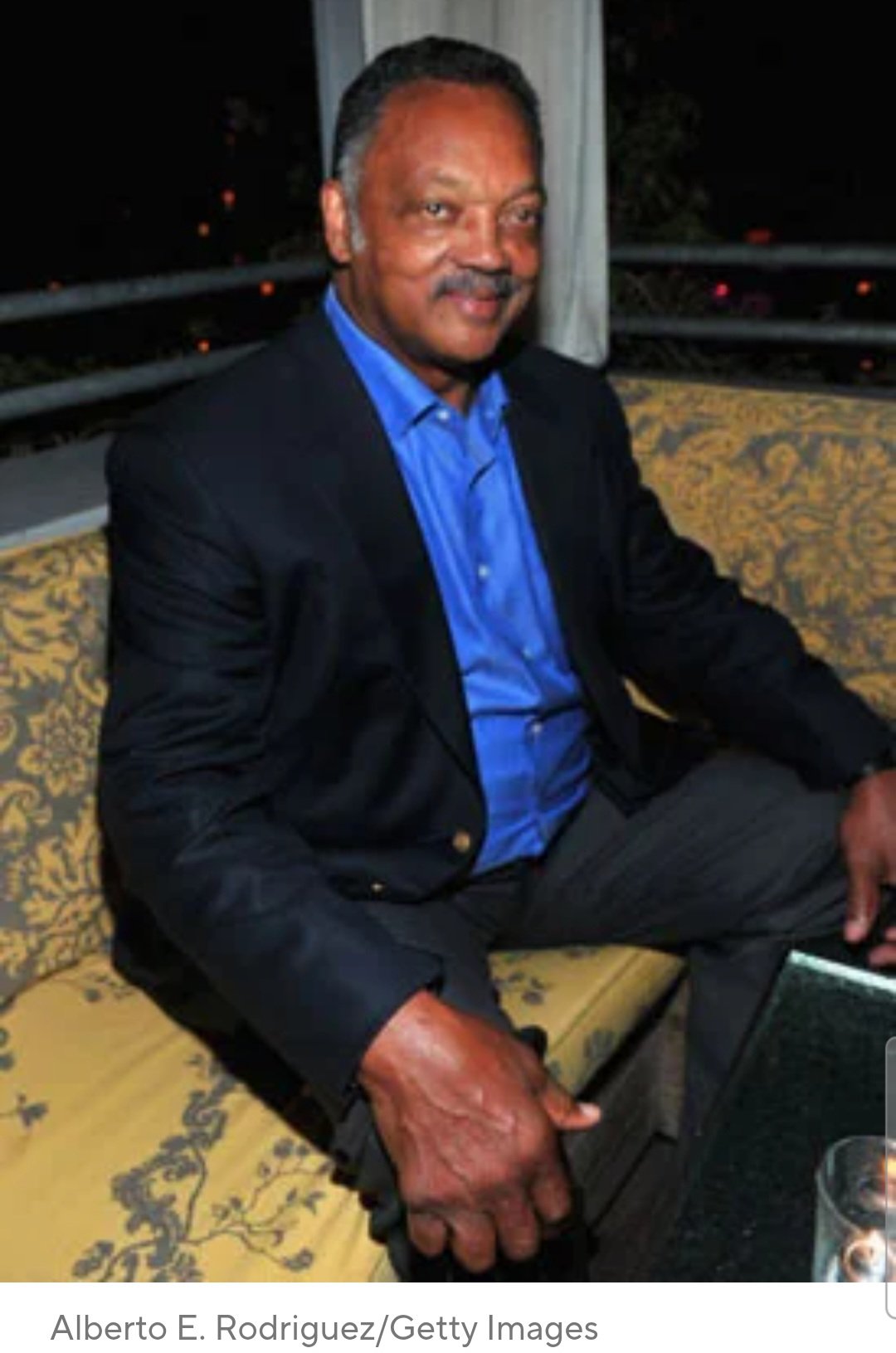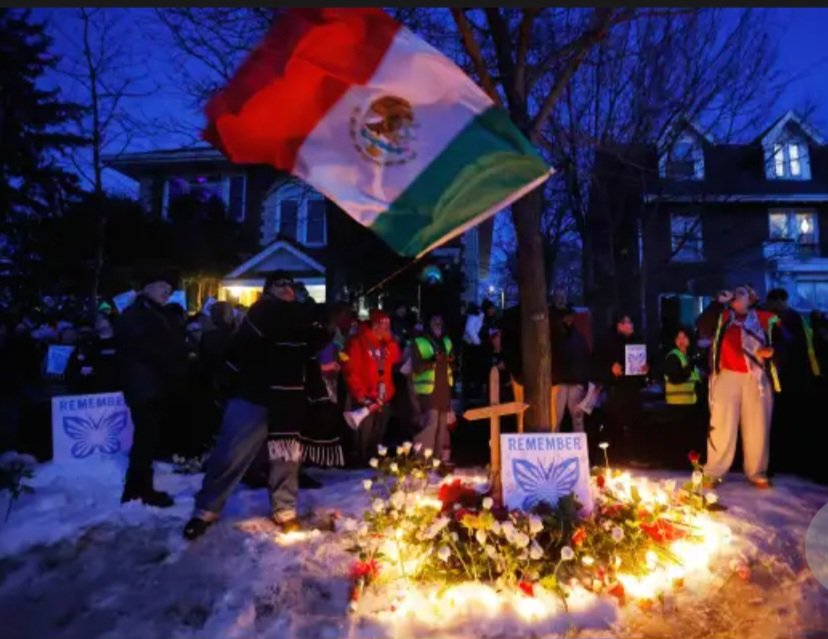
In a closely watched and contentious decision, the Southern Baptist Convention (SBC) on Wednesday narrowly rejected a proposal to enshrine a ban on churches with women pastors in their constitution. The proposal, which needed a two-thirds majority to pass, received 61% support from the delegates but failed to secure the necessary supermajority.
The decision reverses a preliminary vote from last year that favored the official ban. Despite the outcome, the SBC’s official doctrinal statement still asserts that the office of pastor is limited to men, reflecting a longstanding position within the denomination.
Opponents of the proposed amendment argued that it was redundant because the SBC already has mechanisms to remove churches that affirm women in pastoral roles. They pointed to recent actions, including the ousting of churches on Tuesday night and last year, as evidence that the current system is effective.

The vote was one of the most anticipated at the SBC’s two-day annual meeting in Indianapolis, where delegates also elected a new president and addressed issues such as in vitro fertilization (IVF). The rejected amendment aimed to formally exclude churches with women in any pastoral position from the denomination, a move supporters deemed biblically necessary.
However, critics warned of unintended consequences, including a disproportionate impact on Black Southern Baptist congregations, which often have women on their pastoral staffs. The debate on the floor was brief, and the motion swiftly went to a vote.
Ryan Fullerton, pastor of Immanuel Baptist Church in Louisville, Kentucky, supported the measure, asserting that it was not about limiting women’s roles in the church but about adhering to biblical teachings that reserve the pastoral office for men. He cited broader cultural “confusion about gender” and influences from the LGBTQIA agenda as reasons for the clarity he believed the amendment would provide.
Conversely, Spence Shelton, pastor of Mercy Church in Charlotte, North Carolina, argued the amendment was unnecessary, emphasizing that the denomination’s existing mechanisms had already been used effectively to address the issue. Shelton highlighted the recent expulsion of churches, including the historic First Baptist Church of Alexandria in Virginia, which affirmed women in pastoral roles.
Mike Law, pastor of Arlington Baptist Church in Virginia and author of the amendment, underscored the necessity of a formal ban by citing a report of approximately 1,800 women pastors within the SBC. He argued that while the prohibition might appear harsh to contemporary culture, it was biblically mandated.
In contrast, Dwight McKissic, a Black pastor from Arlington, Texas, praised the rejection of the amendment. He argued that such restrictions were unbiblical and violated local church autonomy, which allows churches to appoint pastors according to their discernment of spiritual gifts.
Beyond this debate, the SBC delegates elected Clint Pressley, senior pastor of Hickory Grove Baptist Church in Charlotte, as their new president. Pressley, who secured 56% of the votes in a final run-off, brings extensive experience within the denomination, having previously served in various leadership roles.

The convention also approved a resolution urging couples to consider the ethical implications of reproductive technologies like IVF. The resolution expressed concern over the surplus embryos produced by IVF treatments, most of which are eventually destroyed. While not outright opposing IVF, the resolution called for ethical considerations and suggested adoption of frozen embryos as an alternative.
The SBC’s annual meeting underscored the denomination’s ongoing struggles with doctrinal adherence and ethical issues in a rapidly changing cultural landscape. The debates and decisions made reflect both the deep convictions and the complexities faced by the nation’s largest Protestant denomination.
Credit: Associated Press








